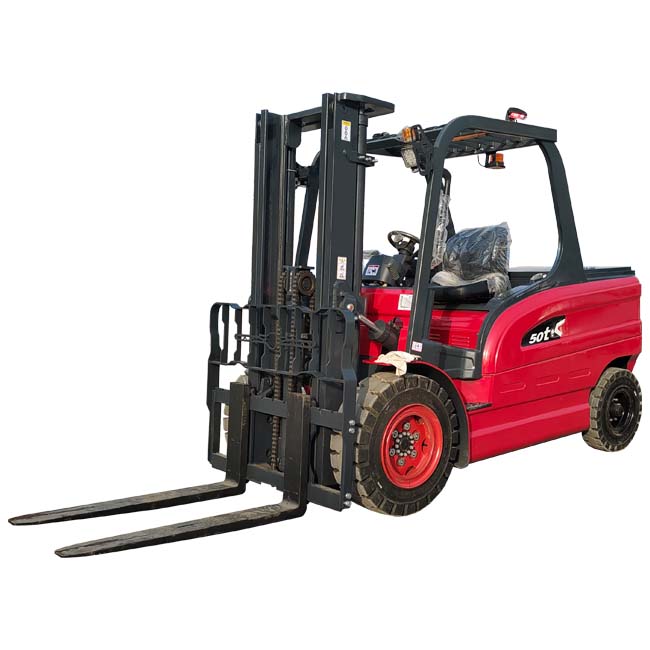
News
In the ever-evolving landscape of material handling equipment, electric forklifts have emerged as a sustainable and efficient solution for various industries. Choosing the right electric forklift for your business can significantly impact productivity and operational costs. In this guide, we'll walk you through key factors to consider, helping you make an informed decision that aligns with your specific requirements.

The first and foremost consideration is the lifting capacity your business demands. Evaluate the average weight of the loads your forklift will handle. Make sure to choose a model that comfortably accommodates your maximum load requirements.
The heart of any electric forklift is its battery. Advances in battery technology have led to various options, such as lithium-ion and lead-acid batteries. Lithium-ion batteries offer longer life cycles and faster charging times, making them a preferred choice for businesses with demanding operational schedules.
Assess the forklift's run time on a single charge and the time it takes to recharge. This is crucial for maintaining seamless operations without unnecessary downtime. Look for models with quick charging capabilities, especially if your business runs multiple shifts.
Consider your working environment. Some electric forklifts are specifically designed for indoor use, while others are built to withstand outdoor conditions. Ensure the chosen model aligns with your operational setting for optimal performance and longevity.
Efficient maneuverability is essential for navigating through tight spaces in warehouses. Assess the forklift's turning radius and overall agility to ensure it meets the spatial constraints of your work environment.
The type of tires on your electric forklift impacts both indoor and outdoor performance. Choose between cushion tires suitable for smooth indoor surfaces or pneumatic tires for outdoor applications, providing better traction on uneven terrain.
Electric forklifts are known for their lower operational costs, reduced emissions, and quieter operation. They are also suitable for indoor use, making them environmentally friendly and compliant with indoor air quality regulations.
The lifespan of a forklift battery depends on factors such as usage, charging practices, and maintenance. On average, lithium-ion batteries last longer than traditional lead-acid batteries, with some lasting up to 10 years or more.
Yes, electric forklifts come in various capacities, including heavy-duty models. It's essential to choose a forklift that matches your specific lifting requirements.
Choosing the right electric forklift involves a careful evaluation of your business needs, considering factors like lifting capacity, battery technology, and operational environment. By understanding these key aspects, you can make an informed decision that aligns with your goals, ensuring increased efficiency and reduced operational costs in the long run. Invest time in researching and test-driving different models to find the perfect fit for your business.
Previous: Why are electric forklifts used?



